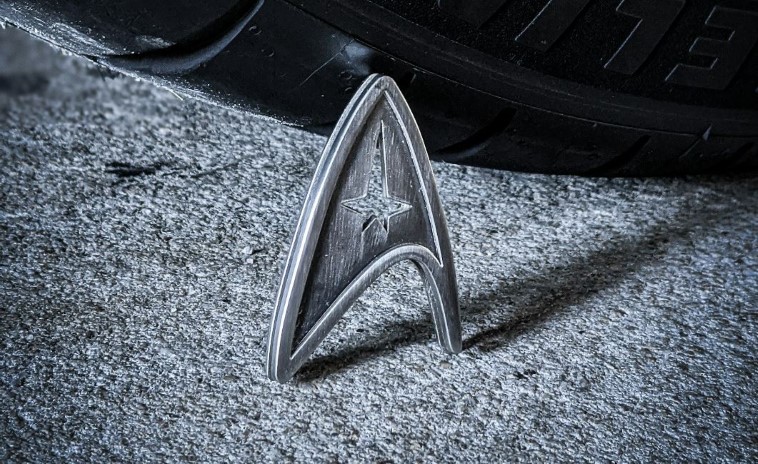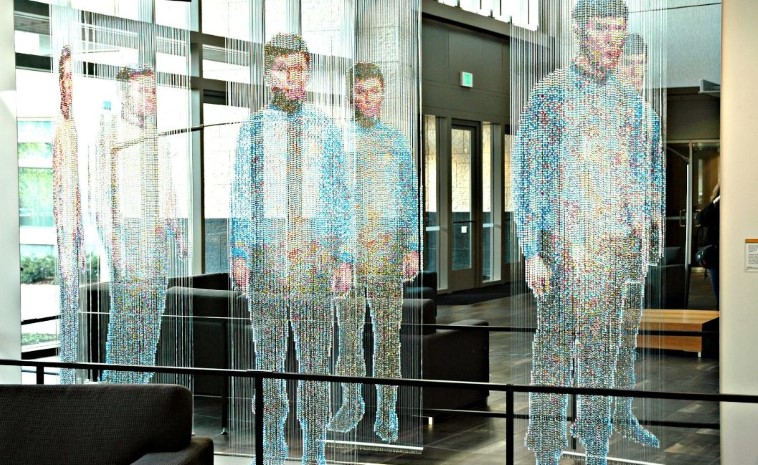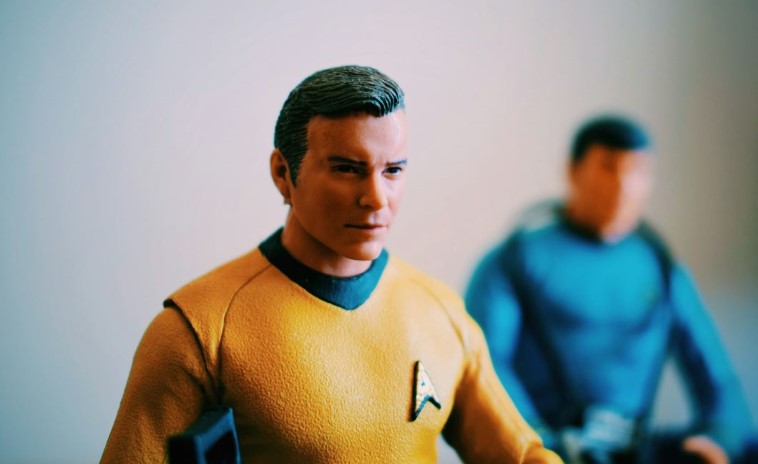The Star Trek franchise remains an eternal phenomenon

At the time of Star Trek, many problems that burden us today have been solved, and the people of those future centuries don’t know what hunger, disease, and poverty are. So, now we ask – have you ever wondered what it would be like to join such a world?
Life in the age of Star Trek is more comfortable, it is safer and most importantly it is not burdened with today’s craziness. In this world that so many of us enjoyed watching on TV, there is no religious stupor, quasi-science and other nonsense that haunts the minds of today’s people.
It is worth noting that Star Trek spans over two centuries, the 23rd and 24th.
Obviously, the 24th century is more advanced than the previous one: it has better technology, better spaceships, and dare we say it also has Counselor Troi.

However, I am afraid that amidst the perfection of the 24th century we would find it difficult to adapt to such a way of life. In fact, most people have always had a hard time with technological and every other advancement and resist it as much as they can.
We are bothered by mobile phones, 3G and 4G networks, we are bothered by the Internet, Facebook and strongly protest against 5G. And when we bear the present so hard, it will be even harder to bear the future. Because according to the sages, every past is much better than the present.
So, knowing that we hardly tolerate what is new, especially a new system of values, we might do better in the 23rd century, as is presented in Star Trek. How so?

Well, to start with, the stories from the first Star Trek are so touchingly noble and moral that one day they will be the subject of deep ethical and sociological analysis. Otherwise, for the time in which they were recorded, they were advanced, sometimes too much for the standards of that era.
The Original Series (TOS) was created first, which takes place 300 years after its creator Gene Wesley Roddenberry (1921-1991) invented the story, and he invented the story in the sixties of the last century.
In the 1960s, the world was on the brink of disaster. That was the time of a difficult cold war, sometimes on the verge of the third and final world war. It was an era of sharp opposition between two political and military blocs, two ways of life.
The 60s were a time of conflict within democratic societies as well, a time when humanity was torn apart, not knowing which way to go. The Vietnam War was raging, students were rebelling and demanding freedom and peace and more democracy, everyone was dissatisfied and in fear.
But it was also the age when the conquest of the universe began, when science was rapidly developing, when the world was on the threshold of a technological revolution, when the first heart transplant was performed.
In such crazy times, the screenwriter Roddenberry visited studios and offered a series from the future, far from today and far from Earth and earthly problems. He was rejected. Of course, this did not discourage him, but without further ado, Star Trek was created in such conditions.
In the beginning, they were without a particular perspective and on the verge of cancellation, but today we know that the Star Trek series franchise is eternal. Every now and then a new movie or TV series is made about this amazing universe.

Although today that first, original series might seem naïve to some, it was so advanced for its time that it was on the verge of being canceled and permanently forgotten, because it contained some unacceptable elements for the 60s.
The first thing that caught many people’s eyes was that a woman was appointed as the deputy commander of the spaceship Enterprise! Okay, you’re not shocked, of course, but at the time of the 60s, it seemed like an undue exaggeration, too extravagant and unreasonable.
Roddenberry himself later said that at that time the term “women’s equality” did not yet exist. Today, in the first half of the 21st century, women have a more equal position in society than at the time of TOS, three centuries later.
There is also clear racial tolerance in the series. Nevertheless, a kiss between a white man and a black woman or a black man and a white woman was still unimaginable and unacceptable to viewers in the 60s.
There was room for some more strange characters in the ship’s crew. The crew included members of other races, and even one alien with oddly slanted eyebrows and pointed ears. He won the sympathy of the audience and remains known to this day as one of the most popular characters of the film in general. He was a Vulcan, the famous Mr. Spock.

And there was something else. Today, we wouldn’t notice it at all, but in the 60s, one decision of the creator of the series was on the verge of madness.
The crew of the Enterprise did not smoke! In those post-war years the tobacco industry was a major film financier.
And in TOS, the cigarette was thrown out. Partly because of this, the series did not achieve the expected income and was about to be cancelled. It was held only at the request of a growing number of fans.
The big, main enemy of Captain Kirk, the Enterprise crew, and in fact the entire Federation, were the Klingons. As in all similar stories, there is a conflict between good and evil, democracy with autocracy and dictatorship.

To simplify – the crew of the Enterprise are the good guys, while the Klingons are not. In terms of character, organization, strict rules and the inviolability of a higher rank in the hierarchy, the Klingons are the same as the Soviets in the 60s, while the crew of the Enterprise embodied, of course, the entire western, democratic world. However, one of the main characters and a very popular one in several seasons of this series was in fact a Russian, Pavel Chekov.
One hundred years later
And a hundred years later, after a century of TOS, comes TNG (The Next Generation). It was recorded in the 80s and it shows progress in technology, social relations and mentality in general. Of course, there is also a striking difference in the recording technique. Enterprise is more elegant, it moves through space more convincingly, the planets seem more realistic.
In the 1980s, major changes took place on Earth. The Berlin Wall falls, the Iron Curtain disappears, the Cold War ends. In the series, the Federation took over the planet, representing the best in us. The Klingons have evolved and are no longer enemies but allies.

In their place appears a more brutal and unreasonable force: the Borg. They are relentless, cruel, without mercy and assimilate everything in front of them. People will need a lot of wisdom and courage to overcome it.
Captain Kirk in TNG is replaced by Picard. Each of them is the embodiment of the spirit of their time. Kirk is a soldier who unwaveringly protects democratic values, Picard is a wise ship captain, with aristocratic manners, dedicated to moral values. Kirk’s Enterprise is a military ship, somewhat like today’s aircraft carriers. Picard’s Enterprise is a research, scientific ship (albeit armed).
Lessons from which we have learned nothing
Star Trek teaches us that more can be achieved by appreciating and understanding rivals and opponents, that more can be achieved by reason than by force and revenge.
It teaches us that blackmail is not a good path for development, that revenge, so sweet and beloved, does not actually solve the problem and remains mired in place and time. Much of today’s world has learned nothing from this. It is still more important for us to take revenge and stick to tradition than to move forward.
In the end, it turns out that the choice between the 23rd and 24th centuries is to some extent a choice between the 60s and 80s of the last century, so which of these would you prefer to live in?

